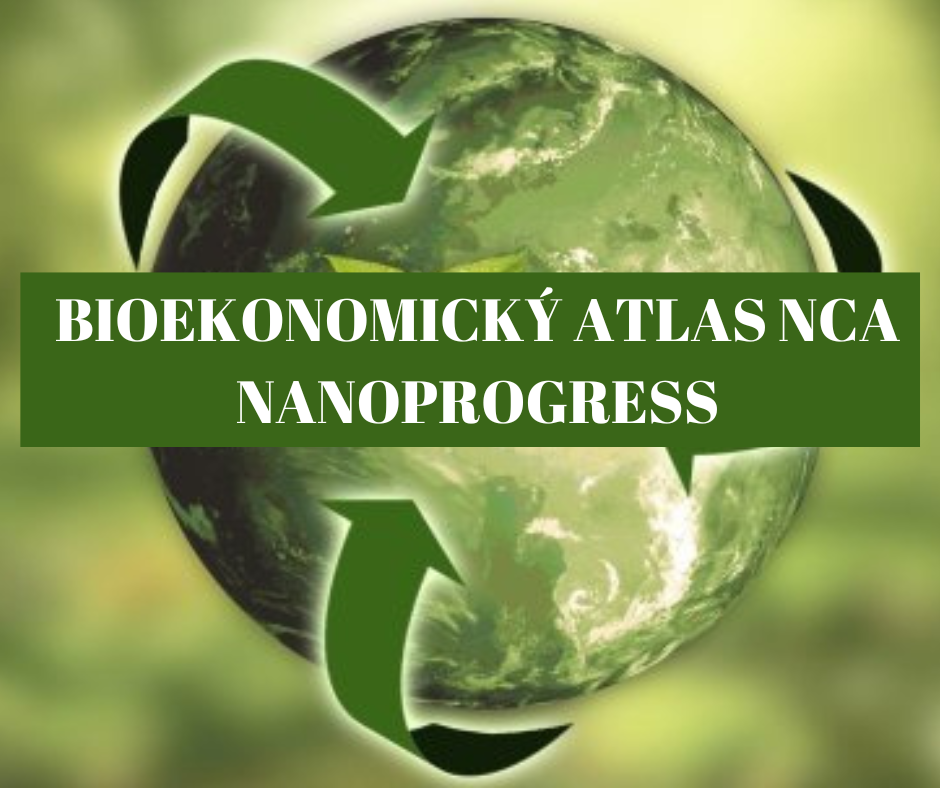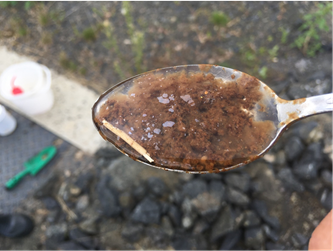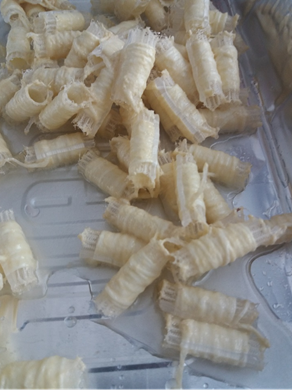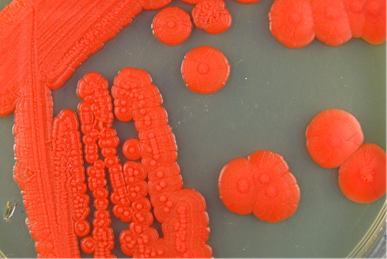NANOPROGRESS - Bioeconomic atlas NCA, Czech clusters and their members

Nanoprogress introduces its members, EPS Biotechnology, which contributed to the Bioeconomic Atlas NCA. The atlas was created thanks to the projects DanuBioValNet (01/17-06/19) and GoDanuBio (07/20-12/22), co-financed by the INTERREG DANUBE programme.
Bioeconomic Atlas NCA introduces clusters, companies and institutions from the NCA membership base dedicated to using renewable biological resources (RBS) for innovative technologies and products.
NANOPROGRESS
Since its establishment in 2014, the Nanoprogress Cluster has been dedicated to supporting the Czech nanotechnology industry and putting higher-order innovations into practice. After building the world's first unique laboratory facility for the preparation of nanofibre structures, Nanoprogress has expanded its innovation activities to include the development of materials for the preparation of nanofibres and research into the application potential of these structures for a wide range of industries. It currently has 57 members, including companies, research institutions, universities, and hospitals, with links to the development and application of nanotechnology in practice. The cluster's established in-house research team is also working with these partners to develop their own equipment for the production of nanofibre structures. These activities, together with the establishment of shared open access centres with unique technology for the preparation and analysis of functionalised nanofibre structures and composites, have contributed to the development of more than ten globally unique facilities primarily for nanofibre production and the creation of dozens of products, patents and utility models. Nanofibre carriers, which, among other things, increase the efficiency and functionality of bioremediation processes, are also used by EPS biotechnology, s.r.o., a member of the Nanoprogress cluster, thus linking nanotechnology with the bioeconomy.
![]()
Lubos Komarek
Chairman of the Board
Nanoprogress
Polabiny - Nova 306, 530 09 Pardubice
VIEW THE BIOECONOMIC ATLAS NCA

For twenty years, EPS has been dedicated to environmental protection through research, development and application of innovative bioremediation technologies in the implementation of remediation and decontamination works. EPS also provides comprehensive environmental biotechnology services and is involved in waste management and renewable energy. It operates a composting plant, recycling centre and phytomass storage facility on the premises of its own biogas plant for composting, processing and recovery of biodegradable waste. EPS carries out surveys of pollution of the rock environment and water construction and carries out their remediation by bioremediation methods. The bio-economic benefits of these methods and technologies are primarily the promotion of natural attenuation (self-cleaning) processes, which can be carried out by both indigenous micro-organisms and organisms that have been purposely delivered to the contaminated environment and can use the remediated contaminants as a source of carbon and energy for their growth. EPS bioremediation technologies can be implemented both in situ and ex situ with the resulting removal of pollutants such as petroleum hydrocarbons and their derivatives, polyaromatic hydrocarbons, phenols and also chlorinated hydrocarbons and their derivatives.
EPS bioremediation technology
EPS – Yarrowia exploits the activity of unicellular microorganisms - the yeast Yarrowia lipolytica. It has been developed for application in environments where contamination by organic substances of petroleum origin is present, and there is no active biodegradation of the contamination by the activity of indigenous microorganisms, or where there has not yet been sufficient time for the development of a natural microflora for rapid and effective removal of the contamination from the environment.

Microorganisms in remediation work
EPS – BioKomp is developed for so-called bioremediation composting, i.e. it is applied in a composting plant, where approximately 20% of contaminated soil can be added to the compost. It uses the eukaryotic micro-organisms Trichoderma reesei, Fusarium proliferatum and Trichosporon cutaneum, which are applied to the compost and contaminated soil mixture after the thermophilic phase of composting. These introduced micro-organisms contribute to the intensification of the decomposition of the lignocellulosic material but also produce non-specific enzymes that help to break down pollutants present in the contaminated soil, namely petroleum hydrocarbons and their derivatives.

Nanofibres with active biofilm for phthalate degradation
EPS – BIOSURFACTANT was developed within the framework of the TAČR project "Development of biological surfactant for remedial washing of contaminated environmental matrices". This technology exploits the ability of lipophilic yeast species (unicellular fungal microorganisms) to produce their own surfactants and addresses the possibilities of obtaining these substances for use in remediation practice.

Colonies of degrading microorganisms